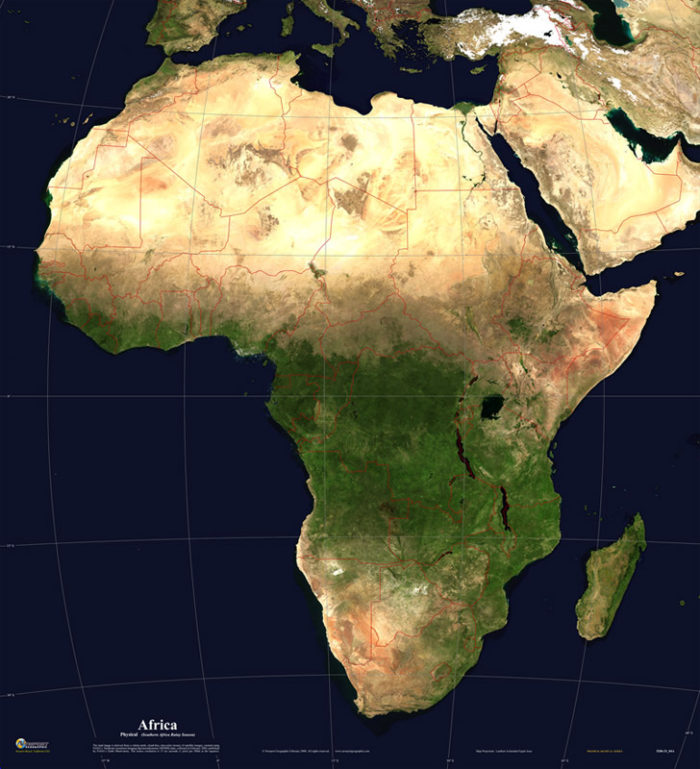When I list the people I think would benefit from my podcast and could use it to influence most, I think of the people with the greatest potential to lead the most number of Americans. The names roll off my tongue from mentioning them so many times and from trying to think of who would add the most value: Oprah, LeBron, Serena. Do I need to mention their last names?
When I list the people who most influence me and whom I consider role models: Martin Luther King, Nelson Mandela (not American or Diaspora), Gandhi (who started his leadership work in South Africa), Muhammad Ali, and Malcolm X. On par with them would be Henry David Thorough, the first non-African-American or -diaspora.
When I think of cultures to learn from, the San Bushmen of the Kalahari and the Hadza of today’s Tanzania rank high, though along with Native Americans (because I’m close) and Hawaiians. Actually, I’m most of the way through The Dawn of Everything, which is opening me to many more cultures beyond them.
Jesus influences many people. Bethlehem is only two hundred miles from Africa. The Dao De Ching has influenced me a lot, but the person(s) who wrote it, Laozi, isn’t himself a role model. I don’t know anything about him.
Am I seeing a pattern where none exists or is there one? I’ve asked the question titling this post to several people. They suggest that being oppressed may promote leading, but lots of groups are oppressed without producing the type of leadership I believe would help most on sustainability. Also, there are many effective leaders in other areas whose leadership isn’t exactly relevant here. I mention Eisenhower a lot, and leading D-Day then the United States qualifies in my book as world-class leadership, but not for the liberation I see us needing from our oppressive, depressive culture.
If there is a trend, what can I learn from it?

